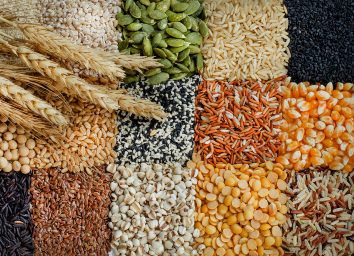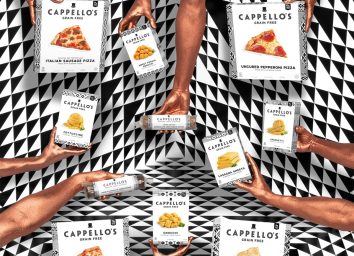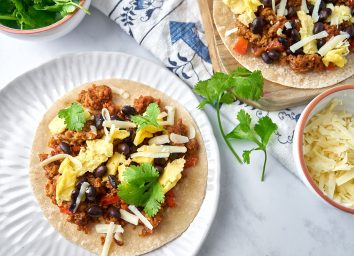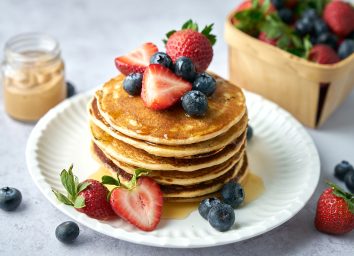Grain-Free Diet: What You Can & Can’t Eat
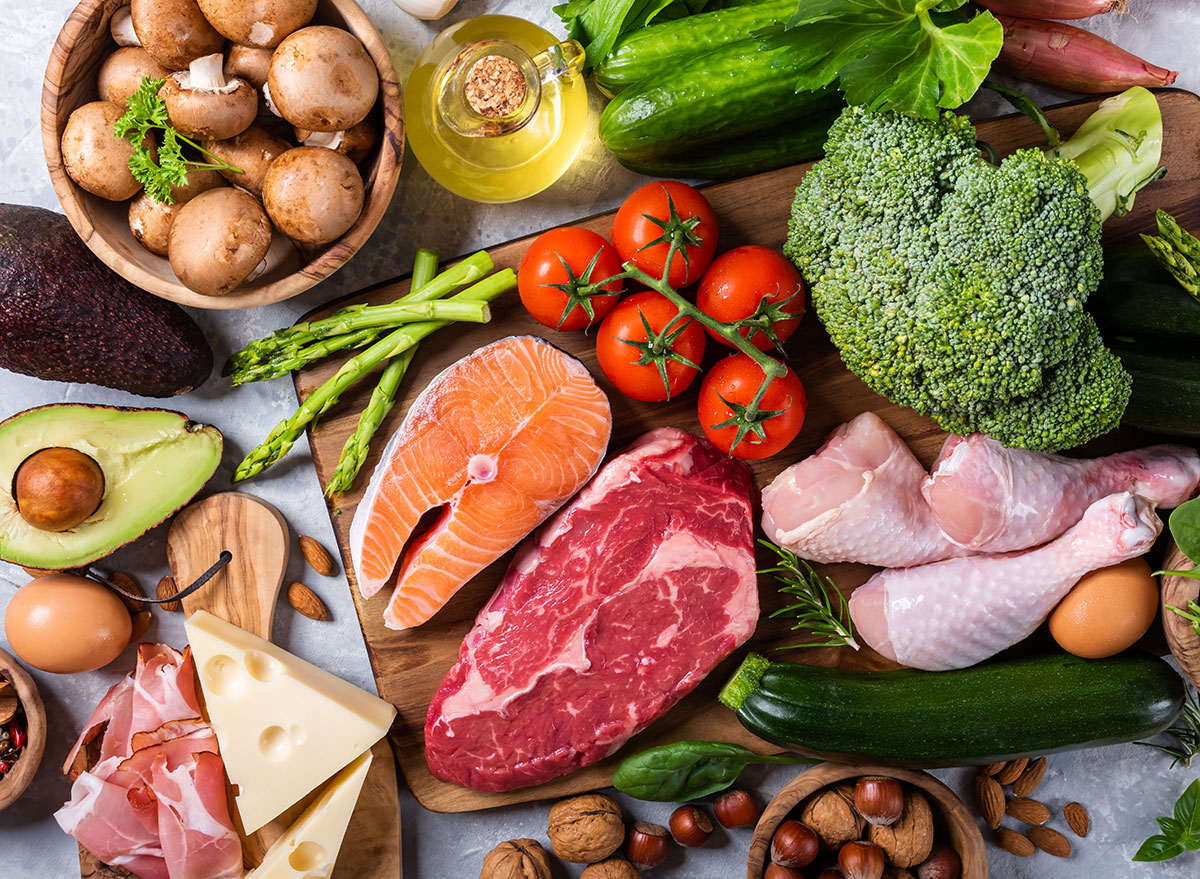
You’ve heard of the gluten-free diet, but have you heard of a grain-free diet? Essentially, any food that doesn’t contain grains is naturally gluten-free as well. However, a food product can be gluten-free while still containing grains. In order to understand what a grain-free diet is, it’s important to understand how it differs from the increasingly popular gluten-free diet.
Remember, gluten is the protein found in wheat and wheat-based products. According to the Grains & Legumes Nutrition Council, there are three types of grains.
- Grains containing gluten. Examples include wheat, spelt, durum, bulgar, barley, rye, triticale, and even some brands of oats.
- Gluten-free grains. Examples include corn, millet, rice, and sorghum.
- Gluten-free pseudo-cereals. Examples include quinoa, buckwheat, and amaranth.
As you can see, there are a lot of grains that don’t include gluten, which is why it’s pivotal to identify their differences—gluten and grains should never be used synonymously.
Why might someone choose to go grain-free instead of just gluten-free?
Grains are thought to cause inflammation in the body, in a similar manner that gluten does for those with a gluten intolerance, sensitivity, and celiac disease. In a former article on the difference between grain-free and gluten-free diets, Stacey Marcellus, cofounder and co-CEO of Cappello’s—a grain-free frozen food company—explains a common reason why someone might opt out of eating grains.
“Most who embrace a grain-free lifestyle are looking to ease digestive issues, relieve inflammation, and balance gut health. Going grain-free means going that extra step beyond gluten-free and eliminating all grains, including corn, rice, and quinoa,” she says.
Kelli McGrane MS, RD for the food-tracking app Lose It! also explained in that article that while diets free of grain are thought to reduce chronic inflammation and alleviate bloating, there currently isn’t enough long-term research to support these claims.
“However, the Specific Carbohydrate Diet, which is a type of grain-free diet, has been shown to help reduce symptoms in individuals with inflammatory bowel disease,” says McGrane.
Are there any downsides to cutting grains out of your diet?
Yes, there are a few. Whole grains are rich in B vitamins and trace minerals, and a lack in both of these could affect energy levels, as well as negatively impact the nervous system. Additionally, unprocessed whole grains are rich in insoluble fiber, which promotes healthy digestion. A diet completely devoid of grains could increase bouts of constipation.
What foods can you eat on the grain-free diet?
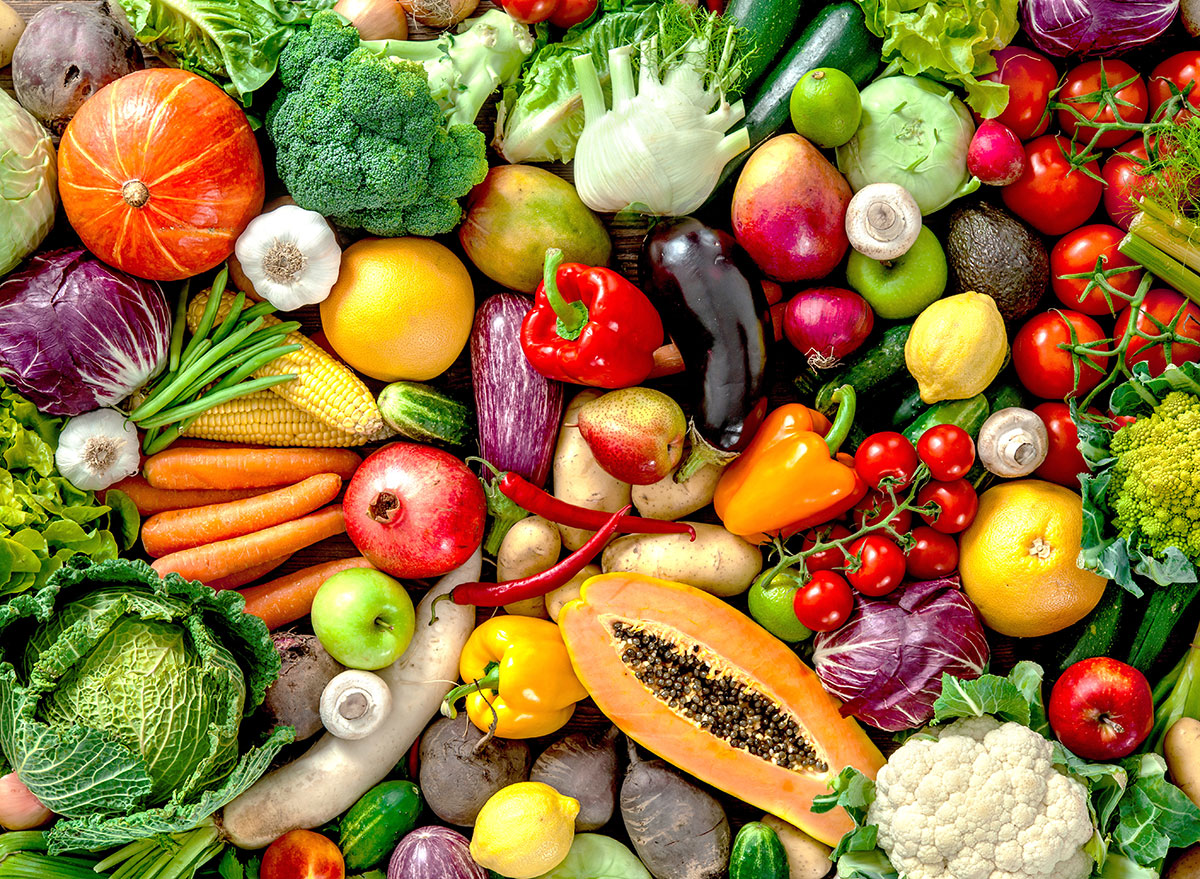
On a grain-free diet, there are still plenty of types of foods you can eat. It’s similar to the paleo diet, in the sense that it’s also void of grains, but there are a few foods you can eat on a grain-free diet that you can’t on the paleo diet.
On a grain-free diet, you can eat:
- Nuts
- Fruit
- Vegetables, both leafy greens and starchy alike except for corn
- Meat
- Fish and seafood
- Dairy
- Eggs
- Legumes
- Seeds
- Sugar
For example, on the paleo diet, it’s not recommended you consume dairy, legumes, peanuts, starchy vegetables such as potatoes, and refined sugars, but on a grain-free diet, you can.
What foods can’t you eat on the grain-free diet?

Here are the foods you should avoid while following a grain-free diet. Essentially anything that contains gluten or grains is a no-go unless the package clearly indicates it’s grain-free.
- Cereal and granola
- Bread
- Quinoa
- Pasta
- Rice
- Corn
- Oatmeal
- Crackers and pretzels
- Sorghum syrup
- Pancakes and pastries
Any food product that contains flour or the grains specified here and above should be eliminated.
